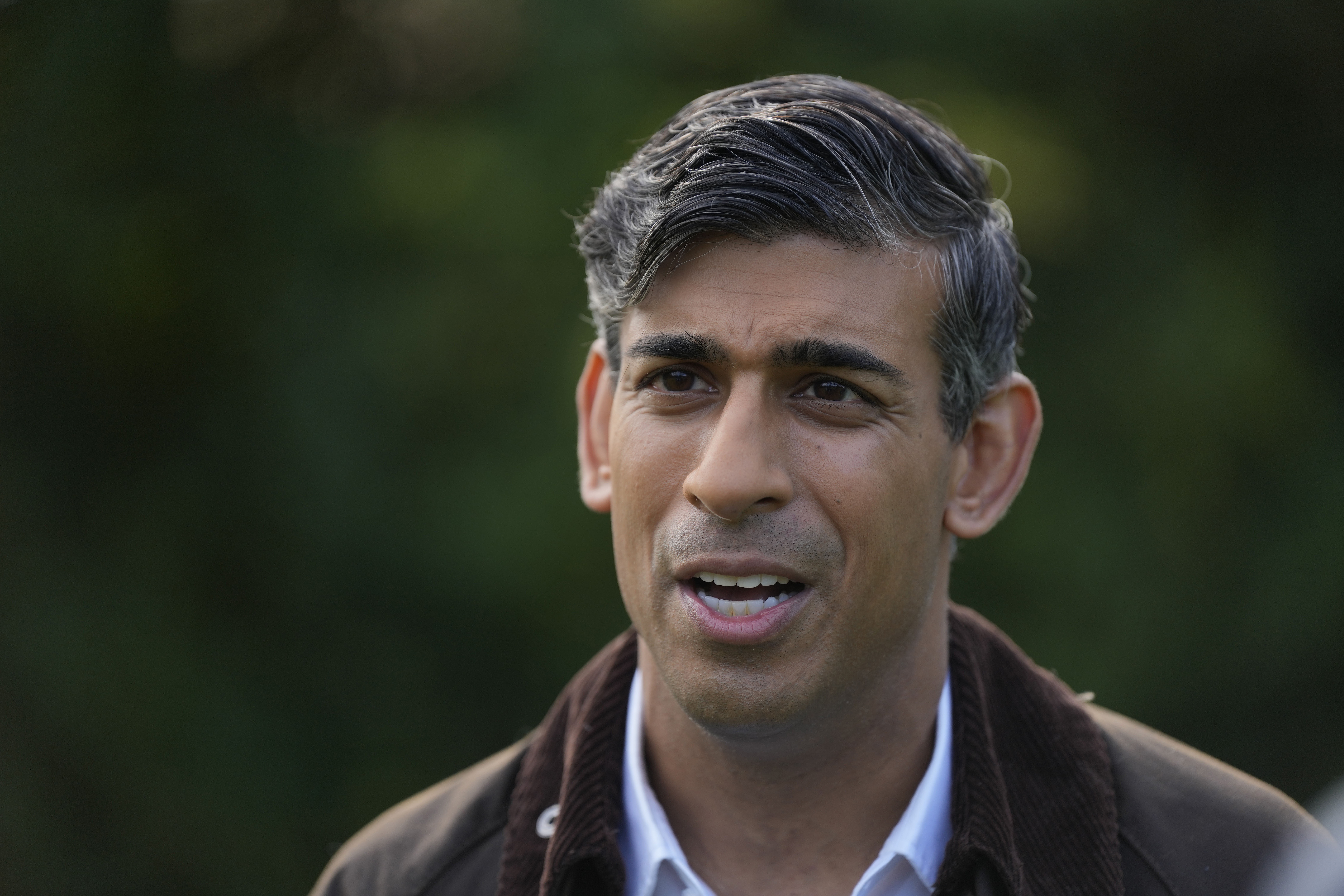Due to a misspent youth as an enthusiast before my career made it a professional obligation, mine is the dubious achievement of having attended every single Conservative Party Conference since 2008 – including the 2020 one, staged remotely in a glitchy digital pavilion during lockdown.
It’s thus become something of an annual memento mori, a regular milestone against which to measure the passing of time and its effects on my party and I. The enthusiastic student in the cheap suit during the optimistic build up to the 2010 election; the cub journalist in black t-shirt and jeans sneaking into events pretending to be a techie during the coalition, and so on.
The past 15 years have offered a range of conference flavours. There was the eager anticipation of power in the late noughties; the relief at retaking office, albeit with Liberal Democrat help, in the early 2010s; and the chaotic string of conferences that followed Brexit.
But one experience I haven’t had yet, not being an activist in the 1990s, is a conference where the party stands on the brink of almost certain defeat.
Of course, the Prime Minister and the Cabinet can’t openly admit this. Indeed, Rishi Sunak is clearly teeing up to launch his big policy push, full of such exciting announcements as scrapping bits of High Speed 2, easing Net Zero targets, and banning the next generation from smoking.
Speaking as someone who has long criticised him for failing to give either the membership or the nation any clear idea of why he wants to be Prime Minister or what his ideal Britain would look like, I suppose I can’t complain. Nor does it count for nothing that there is some evidence of a narrowing in the polls; if Sunak recognises that his actual mission is trying to keep Labour’s eventual victory as narrow as possible, the content of the policies is in some sense a secondary consideration.
Nonetheless, it is not inspiring stuff, a discordant collection of presumably focus-grouped initiatives that don’t really add up to a coherent vision or strategy for the nation. As I wrote last week, the decision to keep paring back HS2, rather than tackle the (entirely self-inflicted) factors which keep pushing the cost and timescale of doing anything in Britain so much higher than overseas.
Tribal Conservatives will take comfort in the fact that Labour seems no readier to confront the deep-seated challenges facing Britain than the Conservatives, and the electorate are clearly not sold on Sir Keir Starmer in the way they were on Tony Blair.
Such thoughts may be enough to prevent the atmosphere in Manchester being overtly funereal. But the Tories being honest with themselves concede that all this is not so much about preventing a Labour government next year as shortening its life expectancy. New Labour inherited a growing economy and low taxes, and were thus able to spend 13 years spreading money around; Starmer and his team will inherit high taxes, creaking budgets, and the £30bn of unfunded cuts Jeremy Hunt rolled over into 2025/6.
As such, and no matter how heartily sick of them we might be after the last few years, there is going to be an undercurrent of leadership ambition running through the conference. Suella Braverman’s decision to fly to Washington to demand wholesale change to the global refugee order is likely just the first bit of such positioning we can expect.
Remarkable really, given that it was only last October that we were all gathered in Birmingham, trying to make Kwasi Kwarteng’s sums balance and wondering if the party could really do something as radical, as absurd, as deposing Liz Truss only weeks after installing her in Number 10.
No such fate awaits Sunak; there is scant prospect of turning the election around or delivering anything radical in the time remaining before it, so it is his to lose. But he must nonetheless be wary of that most fatal phenomenon: when the party starts thinking not so much against you as past you. A leader can survive and even thrive being heartily disliked by a substantial section of the party, but for good or ill they must fill its vision.
In the meantime, the election poses more acute problems for the Prime Minister. His biggest political decision now is where the Party is going to dig its trenches at the next election. There will be immense pressure for him to make big commitments to the Red Wall, the hallowed territory conquered by Boris Johnson. Yet squandering resources in doomed rearguards could see more seats in the Blue Wall fall to the Liberal Democrats and remain lost for a generation, or until such time as they are noble and foolish enough to enter government again.
One suspects that, looking back, this will eventually seem a rather liminal conference, an interregnum between the fall of Johnson, to which Truss serves as a kind of postscript, and whatever chapter the party opens in opposition.
But who knows? Talk of a Sunak revival may read like wishful thinking for now, but it wouldn’t be the first time Labour have managed to throw away a lead and saw the British people default back to the Conservatives. And I didn’t get to the 1992 conference either.
Click here to subscribe to our daily briefing – the best pieces from CapX and across the web.
CapX depends on the generosity of its readers. If you value what we do, please consider making a donation.


